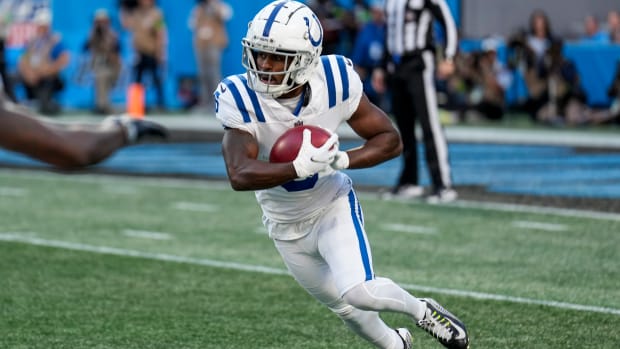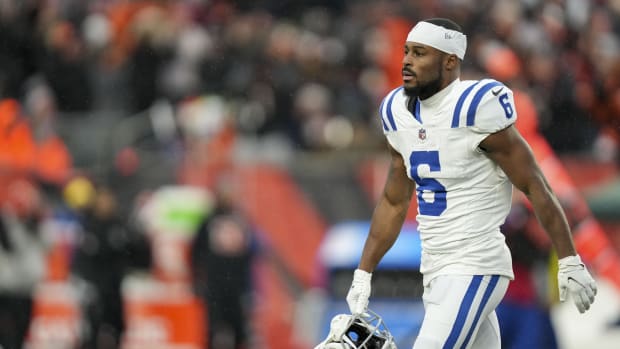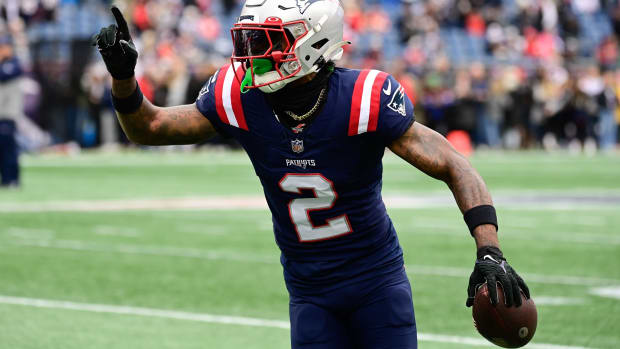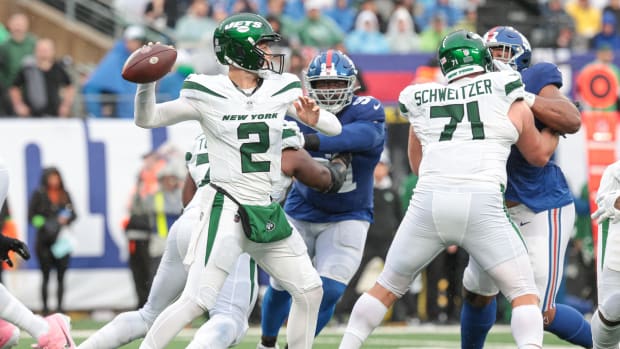Revealing Giants Head Coach Joe Judge's Game Planning Process
For the first time since the days of Tom Coughlin, the Giants are going back to a CEO style of head coach in which the man in charge, Joe Judge, will truly be connected to all three phases of the ball versus just his area of specialty.
This represents a change in coaching management style in which the last two head coaches, Pat Shurmur and Ben McAdoo, were not only heavily involved in the offense, both also called the plays.
Judge, who came up the coaching rank as a special teams coordinator, will wear the headset on gameday to listen to all the coaching calls.
But don’t expect him to start ordering offensive coordinator Jason Garrett, defensive coordinator Patrick Graham and special teams coordinator Thomas McGaughey on what to do during a game.
“As I said in my opening press conference, I’m not here to call the offensive or defensive plays,” Judge said, adding that McGaughey and assistant special teams coordinator Tom Quinn will handle the special teams calls.
“Obviously, I’m involved with all sides of the ball. I’m very involved with the day to day operation. I’m very involved with how the game is going to be unfolding. I want to be informed with how the game is going to be called. I’m going to let our coaches coach and our players play. I’ll obviously be involved with all sides of the ball, but I’m not there to micromanage.”
Thus far, Judge has struck a balance with his players in that he’s set the expectations and the structure. At the same time, he's given the players a greater sense of ownership regarding how the team can accomplish its goals.
By not attaching his ego to any specific facet of the game plan, Judge no doubt hopes to inspire even more enthusiasm and accountability in his players when it counts.
“There has to be input with the players and the coaches, and it has to be a conversation back and forth,” Judge said. “What you find with players is when you present them with the why and how you want it to look, a lot of times they find a better way for what they are supposed to do.
“You really learn a lot from the players. We always have open communication with our guys. At the end of the day, whatever we decide to do, everyone is going full steam ahead with it.
"Our players understand the final decision has to come from the coaches, but we’re always receptive of what the players say because we know they are the ones on the field.”
To that end, the game plan will remain a living organism that Judge said will continue to evolve as they go through their week of preparation, which commenced Wednesday.
“We’re not done with the game-planning process yet,” Judge said. “This continues throughout the entire week. We’ll have four days on the field this week to look at some different things, see how we like it, make sure we are planning things that we’re comfortable with. So far, it’s been very productive working with all sides of the ball.”
“When you watch the tape after practice and you clean up mistakes, that’s when you really find out how they process it, how they’re thinking, what they’re looking at,” Judge said.
“Ultimately as you get to the end of the week, you have to check with your signal callers on all sides of the ball. Your captains to make sure the whole team is on the same page and make sure everyone is comfortable with the game plan.”




